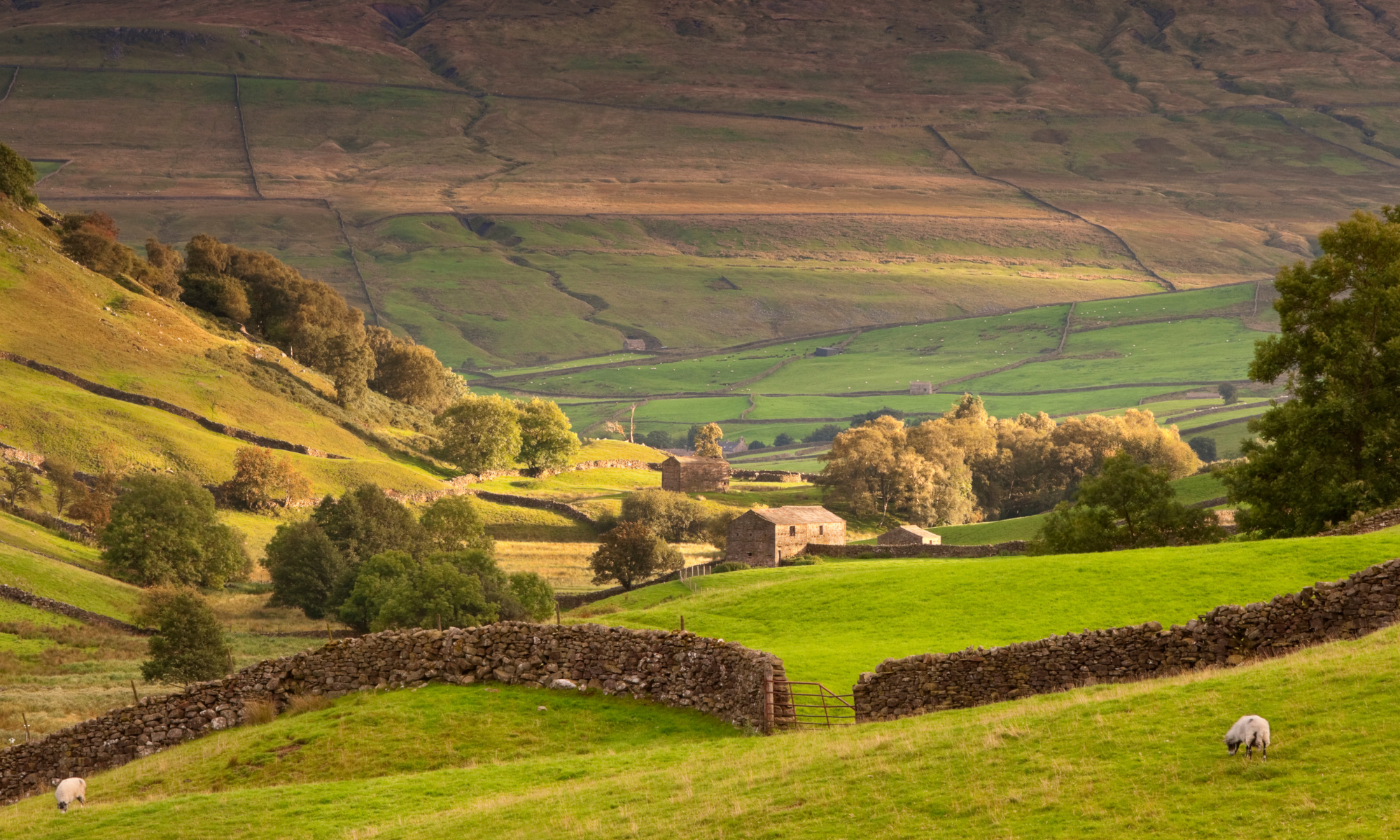In the face of climate change, biodiversity loss, and concerns about food security, the UK is increasingly turning towards organic farming as a solution for a more sustainable agricultural system. Organic farming offers a way to produce food while protecting the environment, enhancing soil health, and supporting local communities. As the UK works to meet its ambitious sustainability goals, organic farming stands out as a holistic approach that aligns with both environmental and social objectives. Here’s why organic farming is particularly suited to creating a sustainable future for the UK.
The UK is home to a rich array of plant and animal species, but biodiversity is under threat from conventional farming practices, which often prioritize monocultures and overuse pesticides. These practices reduce habitats for wildlife and decrease the variety of organisms within agricultural landscapes. Organic farming, however, actively promotes biodiversity by creating environments that support a wider range of species.
In organic systems, farmers avoid harmful pesticides and herbicides, which helps protect vital pollinators like bees and butterflies. Organic farms also tend to incorporate hedgerows, wildflower meadows, and other natural features that provide habitats for birds, insects, and mammals. These elements not only support local biodiversity but also enhance the resilience of agricultural systems by attracting natural predators that control pests and promoting soil health through natural processes.
The presence of diverse plant species in organic systems can also improve the health of the ecosystem by encouraging natural pest control, nutrient cycling, and pollination. This reduces the need for chemical interventions and makes the farming system more robust to challenges like pests, diseases, and changing weather patterns. Organic farming in the UK can thus serve as a powerful tool for reversing the decline in biodiversity and creating a more resilient landscape.
3. Lower Carbon Footprint: Reducing Greenhouse Gas Emissions
The UK has set ambitious targets for reducing greenhouse gas emissions, with a goal of becoming a net-zero carbon economy by 2050. Agriculture is a significant contributor to carbon emissions, especially in intensive, conventional farming systems. Organic farming, however, offers a more sustainable approach that helps to lower the carbon footprint of food production.
One of the key benefits of organic farming is its ability to sequester carbon in the soil. Organic practices like composting, reduced tillage, and the use of cover crops increase the amount of carbon that is stored in the soil, helping to mitigate the effects of climate change. In fact, organic soils are generally better at retaining carbon than conventional soils, as organic matter holds more moisture and is less prone to erosion.
Additionally, organic farming avoids the use of synthetic fertilizers, which are produced using fossil fuels and release nitrous oxide, a potent greenhouse gas. By reducing reliance on synthetic inputs and focusing on natural methods of fertilization, organic farming can significantly reduce the carbon emissions associated with food production in the UK.
Moreover, organic farms are often smaller and more localized, which can reduce the need for long-distance food transportation. Local food systems are essential for reducing food miles, which directly contributes to a lower overall carbon footprint. By supporting local, organic producers, consumers can make a meaningful contribution to reducing emissions in the UK food system.
4. Water Conservation: Efficient Use of Resources
Water scarcity is becoming an increasing concern in many parts of the UK, particularly in the south and east, where droughts have become more frequent and severe. Organic farming practices help conserve water by improving soil structure and increasing water retention. Healthy, organic soils, rich in organic matter, are better at absorbing and holding water, which reduces the need for irrigation.
Additionally, organic farming reduces the risk of water contamination from agricultural runoff. Synthetic fertilizers and pesticides used in conventional farming can contaminate waterways, harming aquatic ecosystems and potentially entering the human water supply. By avoiding these chemicals, organic farming helps protect water quality, ensuring that the UK’s rivers, lakes, and coastal waters remain clean and safe.

